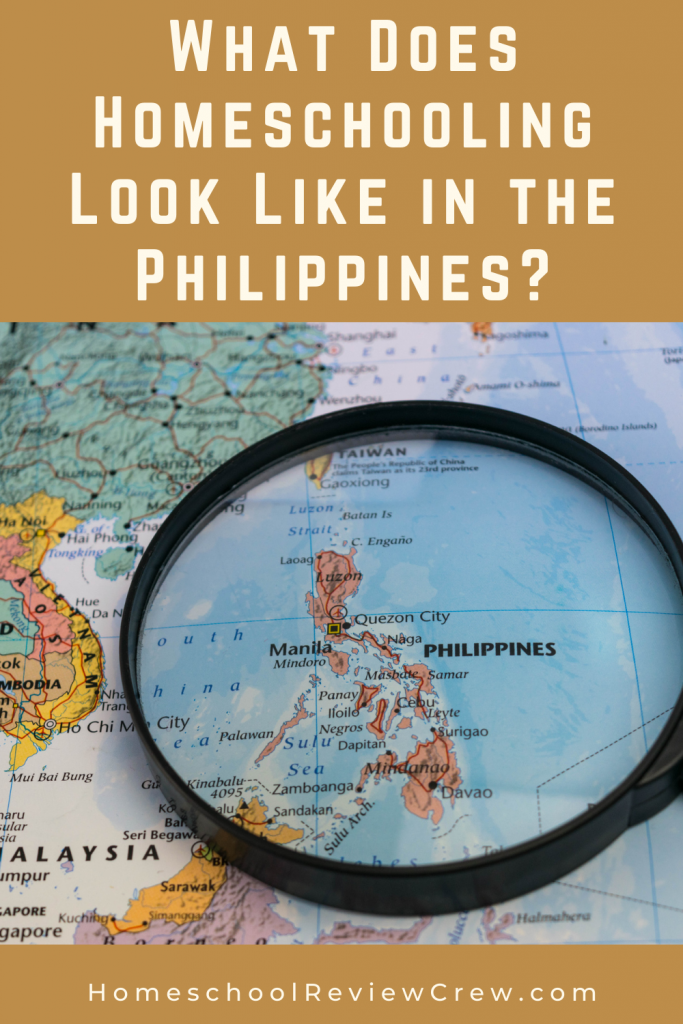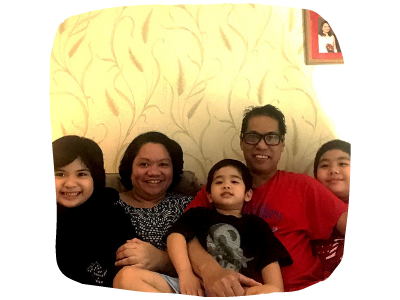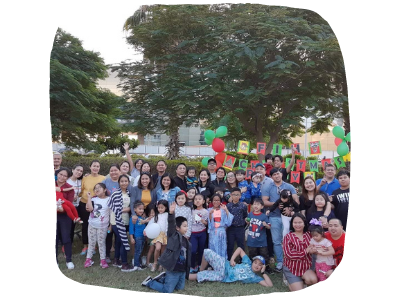In our original Homeschooling Around the World Series, we were able to get a look into one family’s experience of homeschooling in the Philippines. We have been blessed with additional interviews with families homeschooling in the Philippines so we can see more examples of homeschooling. Homeschooling has always been supported in the Philippines and there are different ways families can approach their children’s education. For example, one could be “independent” and choose to remain separate from a homeschool provider. Or families can participate in or enroll with homeschool providers where they would have less freedom but still be able to homeschool.

Schoolhouse Ambassador Jonah Faye Talusan and her husband are Overseas Filipino Workers (OFWs) so they move a lot. She shared with us that there are around 2.2 Million Overseas Filipino Workers and families all over the world and many, if not most, are homeschooling due to current circumstances. So while their original wish was to have their children accompany them while they travel making homeschooling a great fit for them, other OFWs may be homeschooling due to other reasons.
While Jonah and her husband choose to homeschool to keep the family together during moves, many people homeschool in the Philippines primarily because of economic reasons. Education in the Philippines is expensive and public schools are either in full capacity or have limited resources. Homeschooling has helped a lot of families in this regard. Now due to the pandemic, where children are not allowed to go out at all, parents have to take action and have to teach their children or even get support from online tutors for their education.

Finding Curriculum and Support Groups
When asked if families need a set curriculum or if they can pick and choose based upon your homeschool philosophy, Jonah shared with us, “I used to be very strict in following curriculum especially with core subjects, but since [the] pandemic, and the kids were not allowed to go out in the Philippines, I have been very liberal to their studies. Our homeschooling nowadays is more student-led and as much as possible we try to use less pen and paper activities.”
In their travels, Jonah’s family spent time in Dubai, UAE. While living there, she was part of Filipino Independent Homeschoolers UAE. She said, “We used to do co-ops and meetups before the pandemic. At this time however due to restrictions, we have ceased meetups unfortunately but we do online meetups instead.”

Groups are no longer meeting due to restrictions.
Making Homeschooling Special
Jonah uses SchoolhouseTeachers.com for her family and while the company is based in the United States, she is blessed to be in the Philippines where she can gain access to their country’s history, culture, lifestyle, and natural resources. So even using resources from outside her native country, she can make their homeschool journal special. She shared that, “at first it was hard to let the kids understand about their culture, being away from here for so long, but now they find it easy to relate to whatever we learn from this country since they see, read, and experience first hand what the Philippines is all about.” She also said that SchoolhouseTeachers.com is “a comprehensive and affordable curriculum” that might be able to help and encourage expat families on their own homeschooling journeys.
In closing, Jonah shared, “Homeschooling in the Philippines is starting to get attention especially when the pandemic started, it has brought us back to our roots where education indeed starts from the home. Our national hero, Jose Rizal, once mentioned that his first teacher was her mother and that is an inherent trait amongst Filipinos, that education starts from home and our very first teachers are our parents.”
